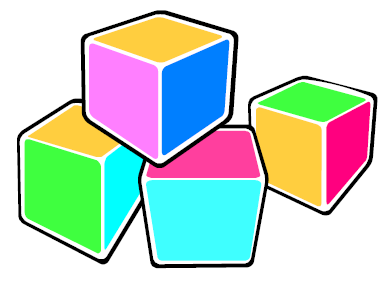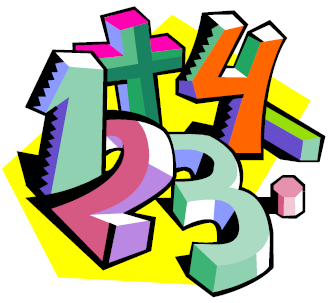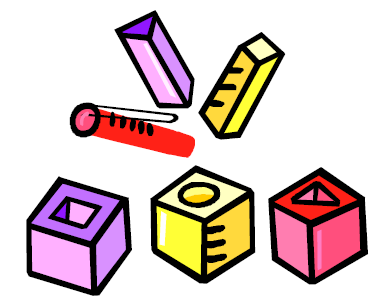Introduction
Separating red blocks from blue blocks, putting purple tennis balls into a purple basket and green ones into a green basket sounds like typical play for preschoolers. Actually, it is and much more. These ordinary fun activities are teaching these preschoolers about math.



Pre-Kindergarten Concepts
For years, educators have known that if children know a variety of skills BEFORE they begin kindergarten, they will have a better chance for success in school. The State of Nevada and Nevada’s teachers have identified specific skills that are very important for preschoolers to know BEFORE they enter kindergarten. These basic skills are called concepts, and children need to learn them so that they can understand the more complicated parts of math and other school subjects.
Why teach math to young children?
Young children are naturally curious about math, which makes it much easier to teach them about the wonders and necessity of math in their lives. Children need to be exposed to math as part of their everyday experiences, and parents can provide them with the words and activities that will allow them to explore math.
The goals of pre-kindergarten math
- children develop an understanding of what numbers ARE and what numbers DO
- children develop an understanding of spatial concepts, such as different shapes and measurements
- children develop an understanding of patterns and how objects relate to each other
- children develop an understanding of sequence (putting objects in order) and an understanding of time
- children learn how to sort, classify, communicate and solve problems
Examples of how parents can help their child learn basic math skills
- teach your child to count using everyday activities, e.g., counting blocks or cereal pieces, playing simple board games and counting the spaces
- let your child arrange the family’s canned foods by size and color
- provide common household items for matching sets, e.g., pots with lids
- provide materials such as play dough, crayons, markers, beads and sticks in different colors that your child can use to make his or her own patterns
Resources
- Contact the local Cooperative Extension office for possible classes and additional information: UNR.
- Visit your local library and talk to the children’s librarian for suggested books
- To get a complete copy of the Nevada Pre-Kindergarten Content Standards go to the Nevada Department of Education website.
References
- Nevada Pre-Kindergarten Content Standards. 2004. Nevada State Board of Education.
- Koopman, L. (2003). High/Scope preschool key experiences classification, seriation, and number. Ypsilanti: High/Scope Press.
- National Association for the Education of Young Children and the National Council of Teachers of Mathematics. (2002). Joint Position Statement. Early childhood mathematics: promoting good beginnings. NAEYC.
Bixler, M.
2006,
Pre-Kindergarten Math Concepts,
Extension | University of Nevada, Reno, FS-06-91


